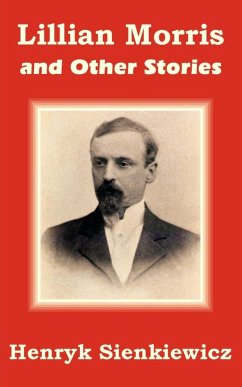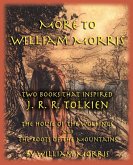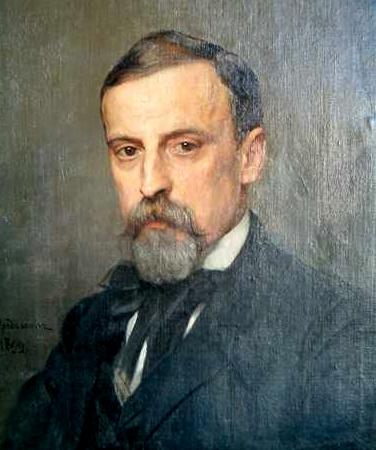Contains the stories "Lillian Morris," "Sachem," "Yamyl," and "The Bull-Fight." Known for their great narrative power and contain vivid characterizations, Sienkiewicz' work includes the great trilogy of historical novels With Fire and Sword (1884), The Deluge (1886), and Pan Michael (1887-88). Henryk (Adam Alexander Pius) Sienkiewicz (1846-1916) was a Polish novelist. He studied at Warsaw, traveled in the United States, and in the 1870s began to write articles, short stories, and novels. His most widely known book is the story of Rome under Nero, Quo Vadis? (1896), several times filmed, notably in 1951 by Mervyn Le Roy (1900-87). He received the Nobel Prize for Literature in 1905.
Hinweis: Dieser Artikel kann nur an eine deutsche Lieferadresse ausgeliefert werden.
Hinweis: Dieser Artikel kann nur an eine deutsche Lieferadresse ausgeliefert werden.









